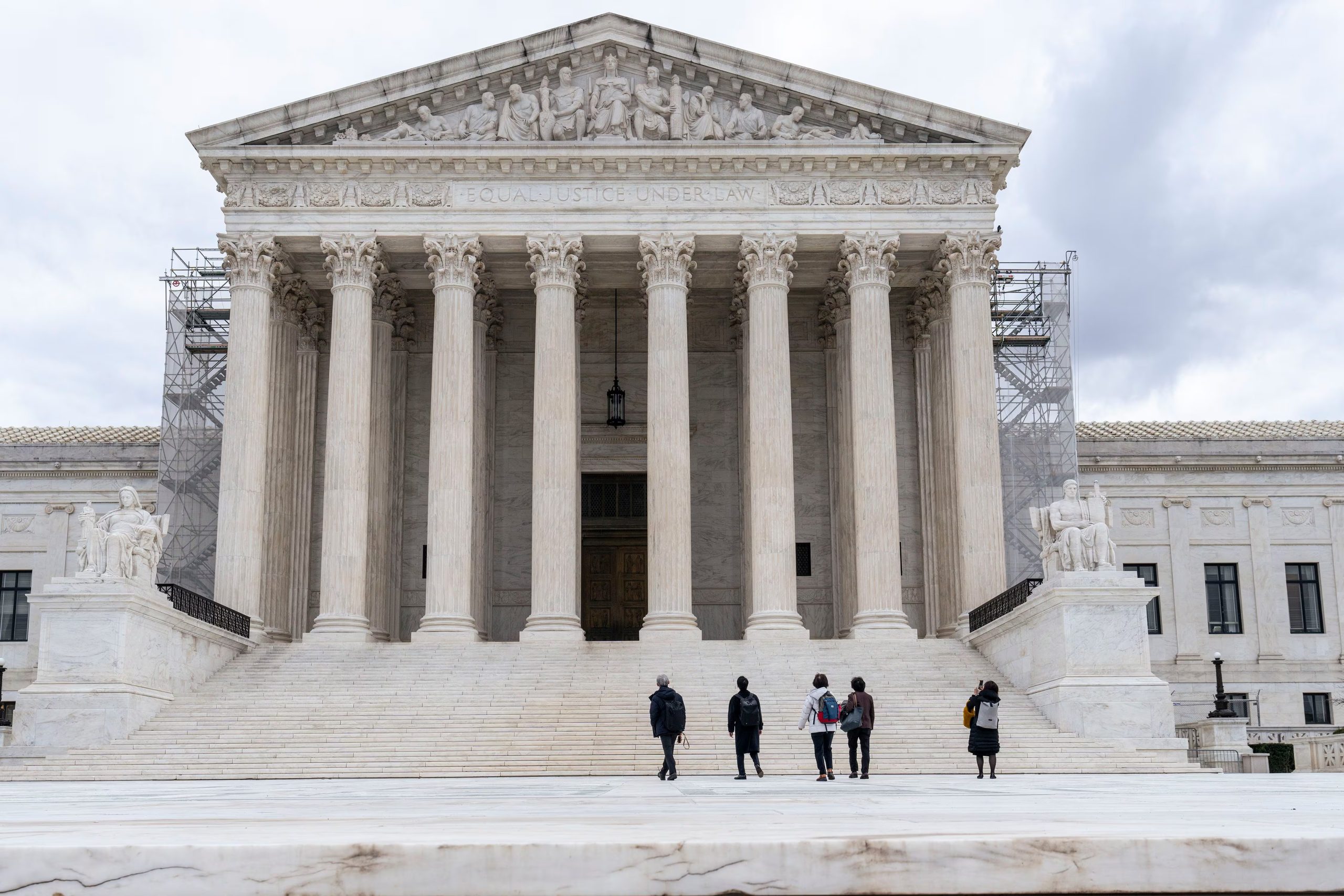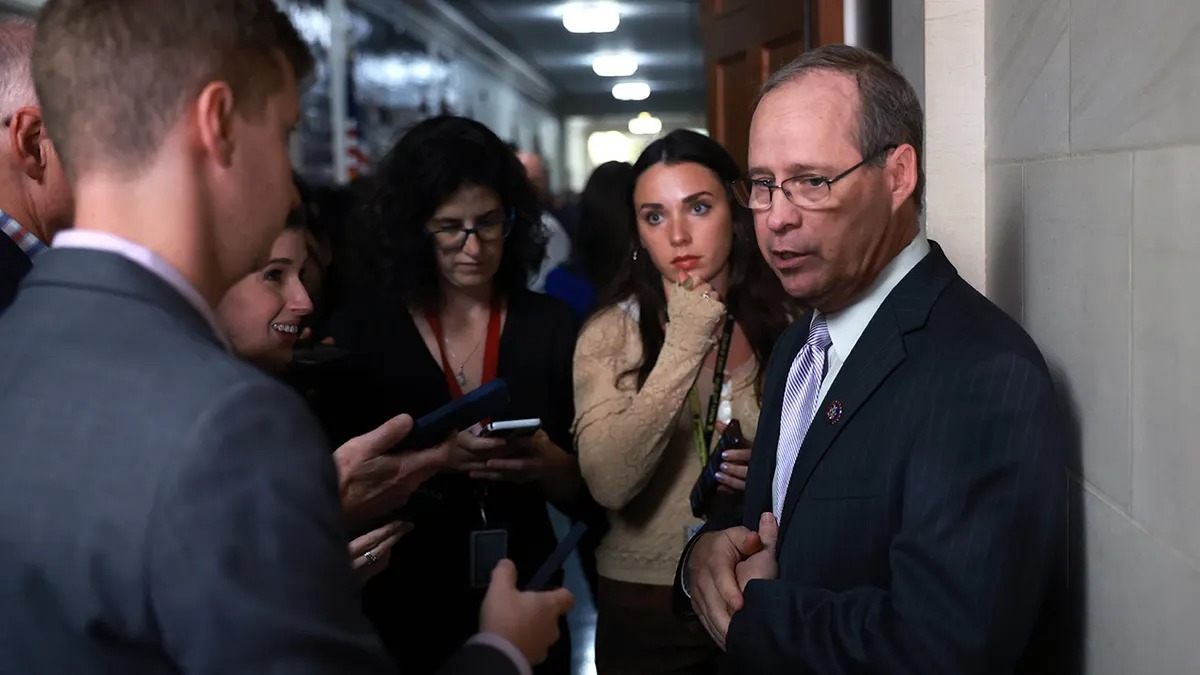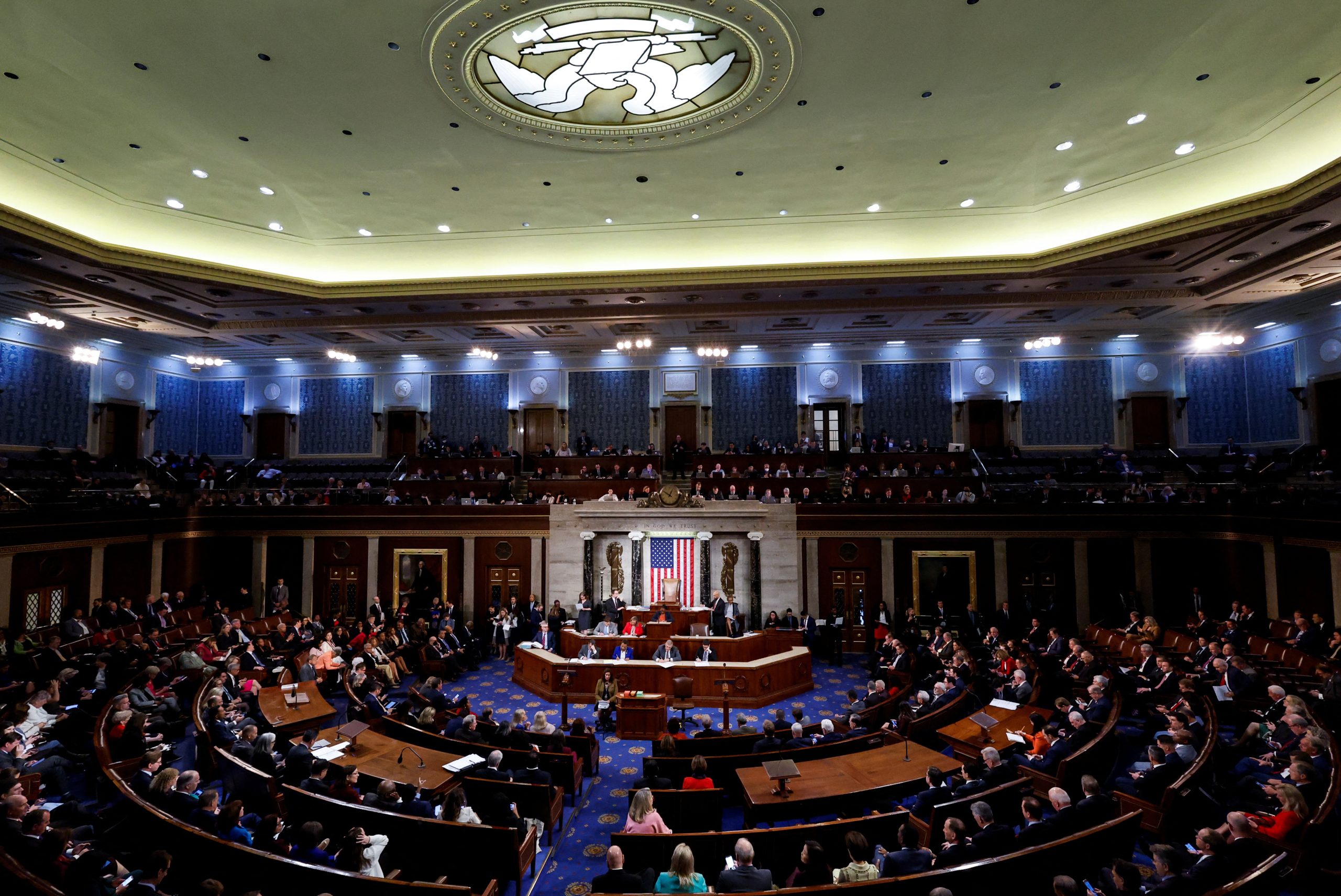The Supreme Court’s unanimous ruling in Trump v. Anderson, which concluded that Colorado could not exclude former President Donald Trump from the state’s primary ballot, has sparked significant debate and raised concerns about the interpretation and enforcement of constitutional eligibility requirements.
The ruling centered on Section 3 of the 14th Amendment, which pertains to individuals who engaged in “insurrection or rebellion” or provided “aid and comfort” to enemies of the United States.
The six Republican-appointed justices argued that Section 3’s provisions were not mandatory unless Congress passed legislation to enforce them.

Embryo X (Credits: Cleveland.com)
Critics of the ruling argue that it misrepresents the federal election process and leads to absurd outcomes. They contend that while states administer elections, they do not have the final authority on constitutional requirements or enforcement. Instead, the Supreme Court has the ultimate authority to interpret and enforce the Constitution.
The majority’s argument in Trump v. Anderson, suggesting that Section 3 can only be enforced if Congress passes specific legislation, has drawn criticism for its departure from established legal principles.
Critics assert that this interpretation undermines the Supreme Court’s role in upholding constitutional requirements for federal officeholders.

Embryo X (Credits: Fox News)
Critics pose a hypothetical scenario involving an embryo running for president to illustrate the potential consequences of this interpretation.
According to Article 2, Section 1 of the Constitution, a person must be at least 35 years old and a natural-born citizen to be eligible for the presidency.
By its terms, the Constitution excludes an embryo from running for president. However, the embryo could theoretically appear on the ballot under the majority’s interpretation without specific legislation from Congress enforcing these requirements.
While acknowledging the absurdity of the hypothetical scenario, critics argue that it underscores the flaws in the majority’s reasoning and the potential for arbitrary outcomes.
They caution against allowing partisan considerations to dictate interpretations of constitutional eligibility requirements, emphasizing the importance of upholding constitutional principles without undue interference.
The debate sparked by Trump v. Anderson extends beyond the specific case to broader questions about the role of the Supreme Court in interpreting the Constitution and the integrity of the electoral process.
Critics advocate for a more principled approach that prioritizes adherence to constitutional requirements and safeguards against partisan manipulation.
























